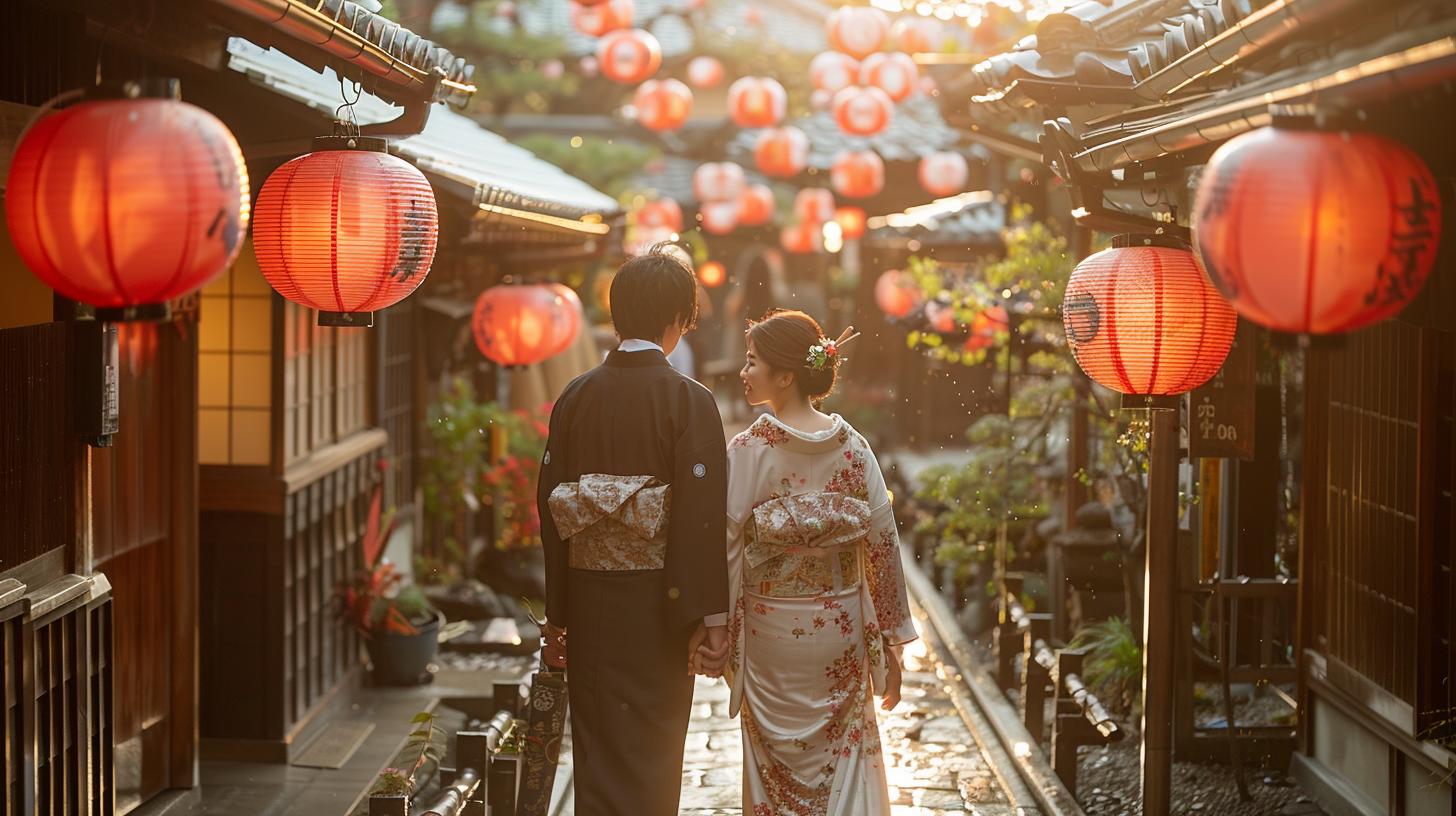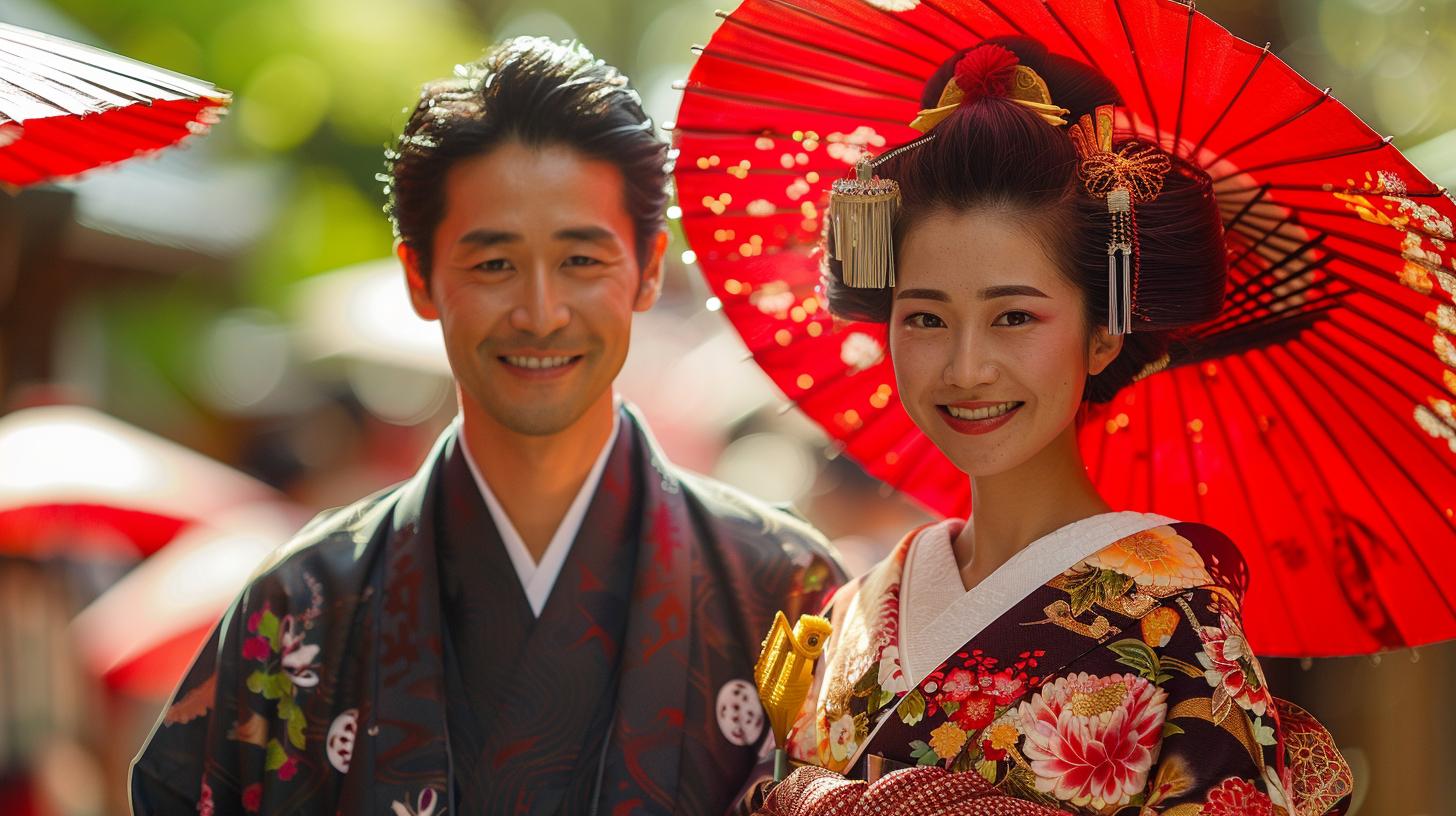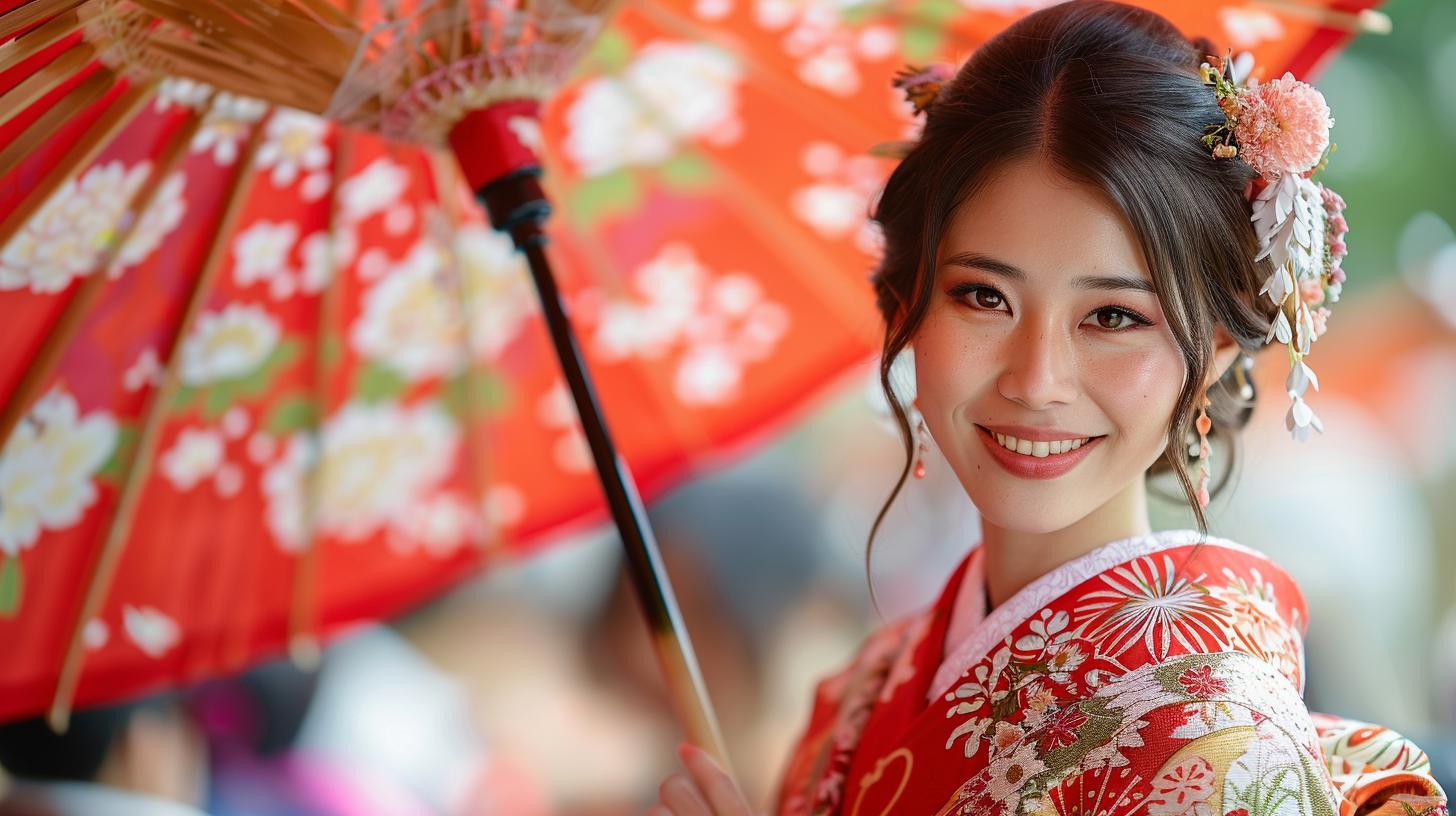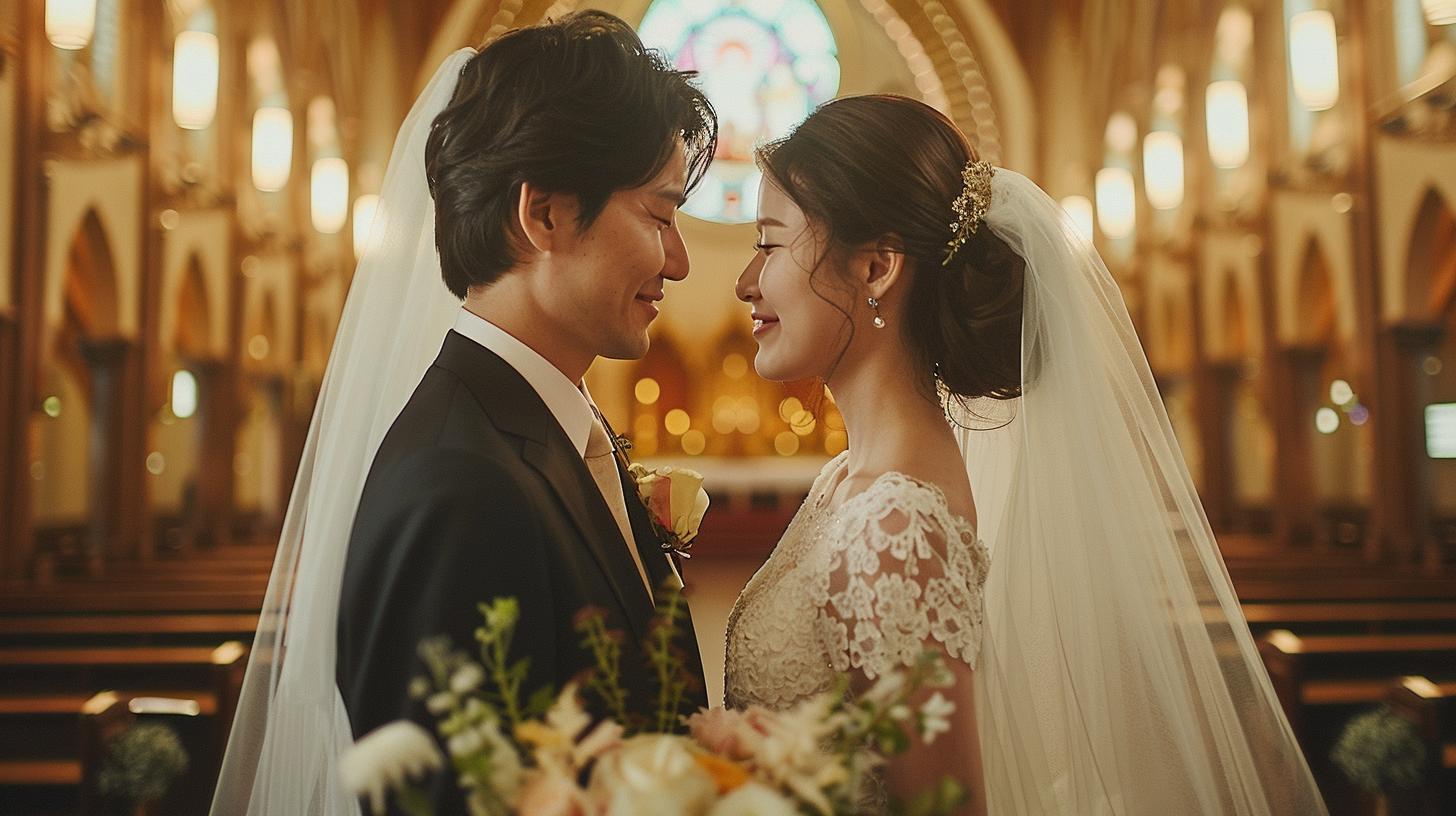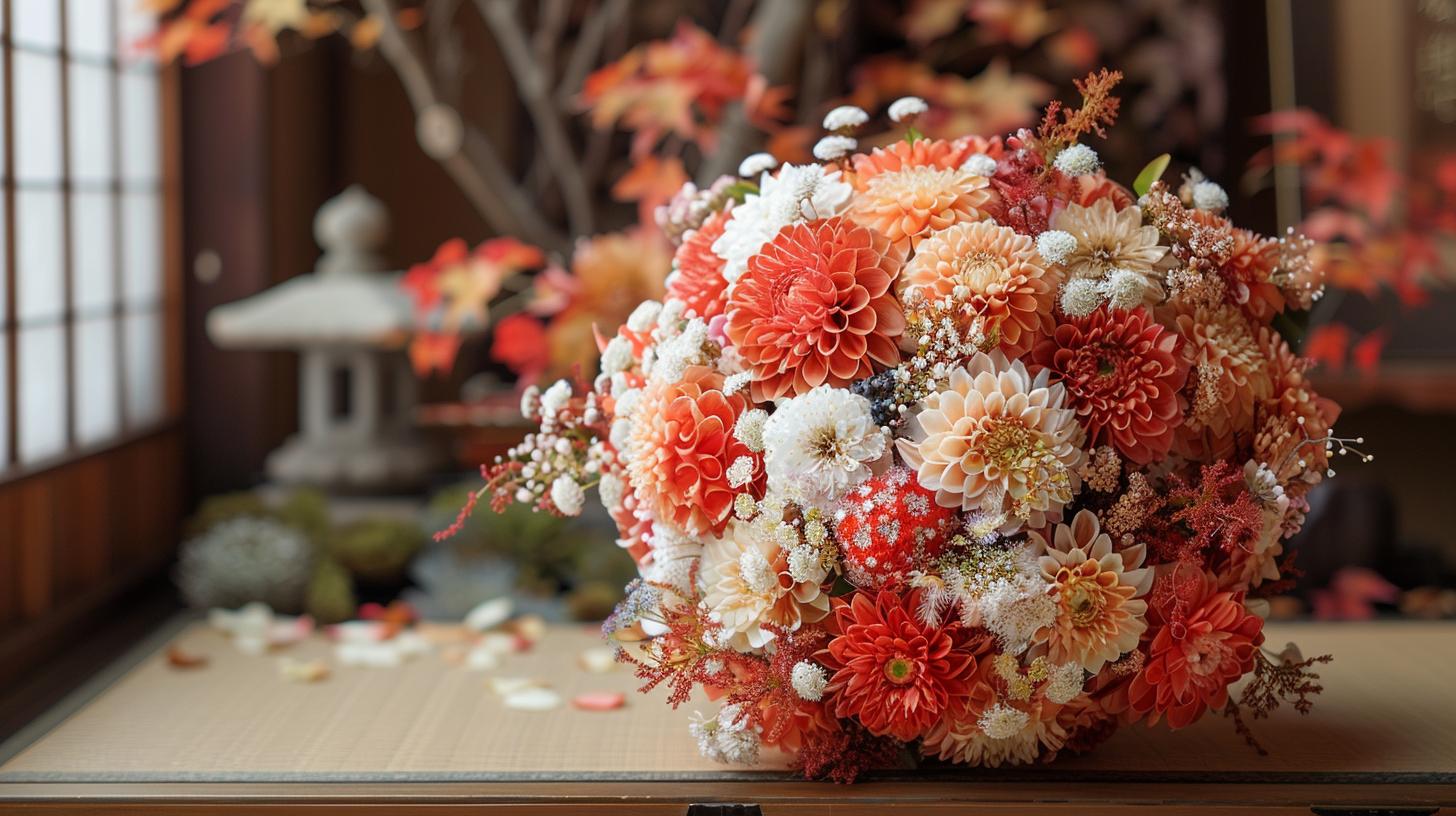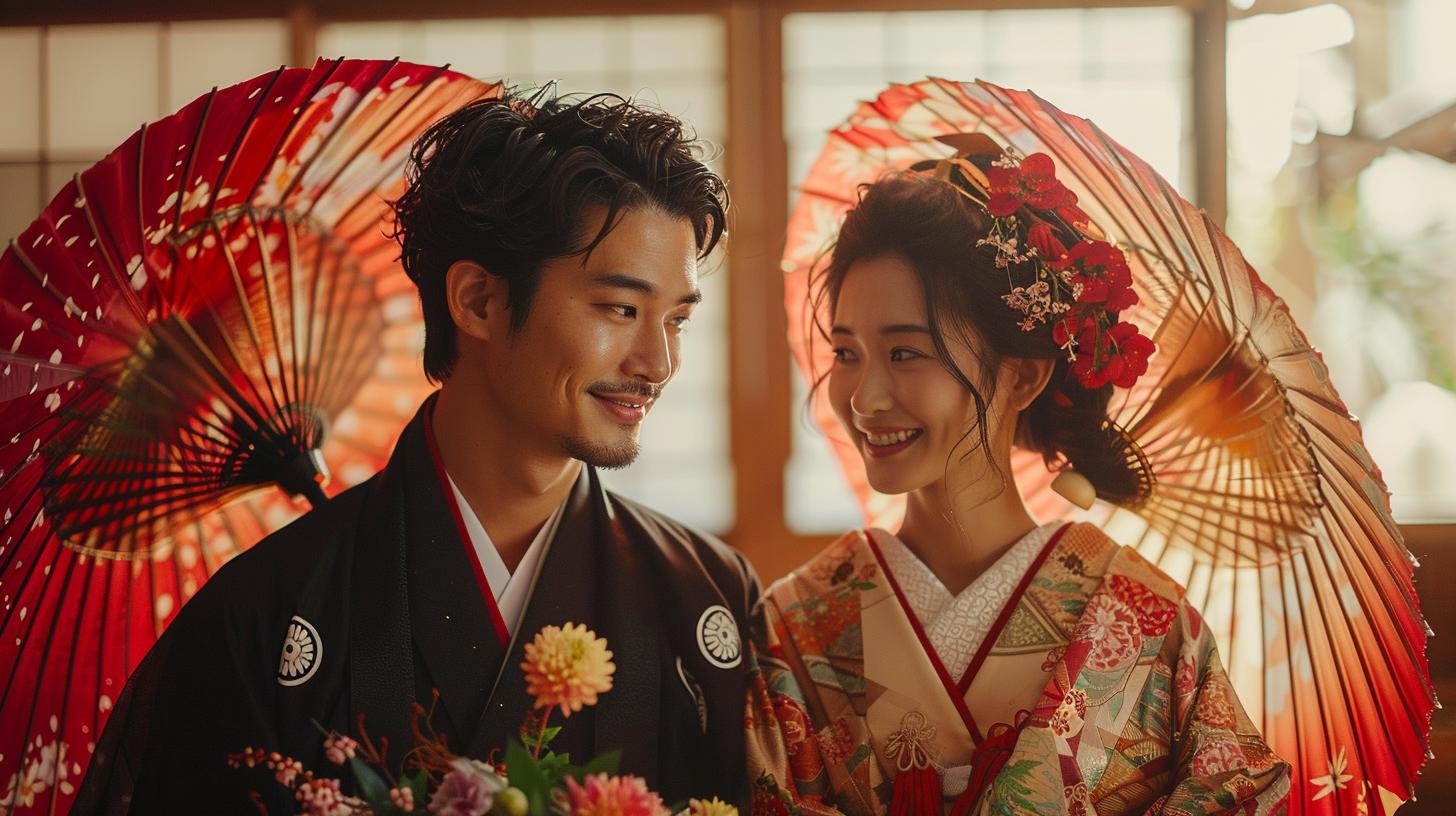Japanese Wedding Cake: A Symbol of Love and Tradition in Japan
Japanese Wedding Cakes hold significant cultural importance in Japan. These traditional desserts are elaborately decorated with symbolic fruits and often served with other traditional Japanese sweets at weddings. The cutting ceremony, using a ceremonial sword, symbolizes unity in love and partnership.
Japanese Wedding Cakes differ from Western traditions in presentation and symbolism, making them a unique and cherished part of Japanese wedding celebrations.
Overview of Japanese Wedding Cake
Japanese Wedding Cakes hold a deep cultural significance in Japan, playing a central role in wedding ceremonies. These cakes are not just desserts but also symbolic representations of love and tradition.
Significance of Japanese Wedding Cake
The Japanese Wedding Cake is a traditional element of Japanese weddings, symbolizing love, unity, and prosperity for the newlyweds. It is an essential component of the wedding celebration, representing the sweetness and joy of marriage.
Traditional Elements in Japanese Wedding Cakes
Japanese Wedding Cakes are typically made with a base of sponge cake, a light and airy confection that symbolizes the delicate and pure nature of the couple’s relationship. The use of fresh fruits like strawberries reflects the abundance of love and passion in the marriage.
Unique Decorations in Japanese Wedding Cakes
Japanese Wedding Cakes are adorned with special decorations that add elegance and charm to the cake. Intricately carved fruits, such as melons or peaches, are often featured as a sign of abundance and good fortune for the couple.
Preparation and Serving of Japanese Wedding Cake
The preparation and serving of Japanese Wedding Cakes involve specific steps and traditions that make them unique and meaningful for the couple and their guests. From the carefully selected ingredients to the ceremonial cutting with a sword, every aspect is filled with symbolism and tradition.
Ingredients Used in Japanese Wedding Cakes
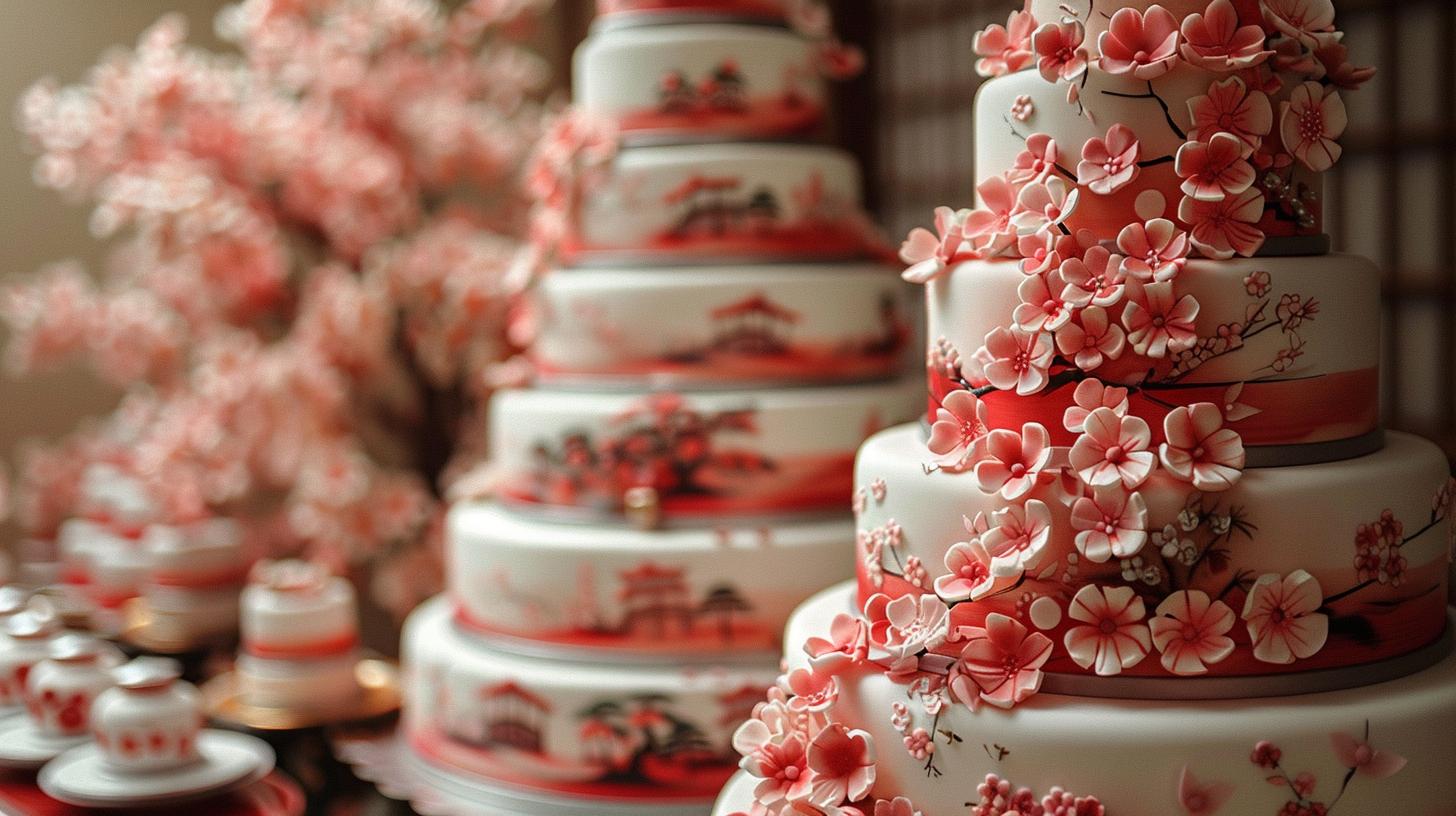
- A base of soft and flavorful sponge cake
- Fresh and vibrant fruits, such as strawberries symbolizing love and passion
- Delicate cream or frosting for decoration
Cutting Ceremony with a Ceremonial Sword
During the wedding reception, the cutting of the Japanese Wedding Cake is a special moment symbolizing the unity of the couple.
The use of a ceremonial sword adds a traditional and elegant touch to the ceremony, emphasizing the strength and commitment of the newlyweds in facing challenges together.
Difference Between Japanese and Western Wedding Cake Traditions
Presentation and Serving to Guests
Japanese Wedding Cakes are traditionally presented differently compared to Western wedding cakes.
In Japan, a separate cake is prepared for the guests, whereas in Western traditions, the same cake is served to all attendees. This reflects the emphasis on hospitality and generosity in Japanese culture.
Symbolism in Japanese Wedding Cakes
The symbolism behind Japanese Wedding Cakes differs from their Western counterparts. In Japan, the incorporation of fruits like strawberries symbolizes love and passion, while in the West, the focus may be more on elaborate decorations or personalized designs.
The cutting ceremony with a ceremonial sword adds a unique touch of tradition and history to Japanese weddings.
Inclusion of Japanese Wedding Cake in Wedding Receptions
Accompaniments to Japanese Wedding Cake
Japanese Wedding Cakes are often served with a variety of accompaniments that complement the flavors of the cake. These may include:
- Fresh fruits like strawberries and kiwis
- Traditional Japanese sweets such as mochi and dorayaki
- Dainty petits fours and macarons
Incorporating Japanese Desserts with the Cake
When including Japanese desserts with the wedding cake, couples can create a delightful fusion of flavors and textures.
Popular choices may include:
- Custard-filled taiyaki pastries
- Matcha-flavored wagashi like daifuku and yokan
- Kinako mochi or anmitsu for a traditional touch
.

